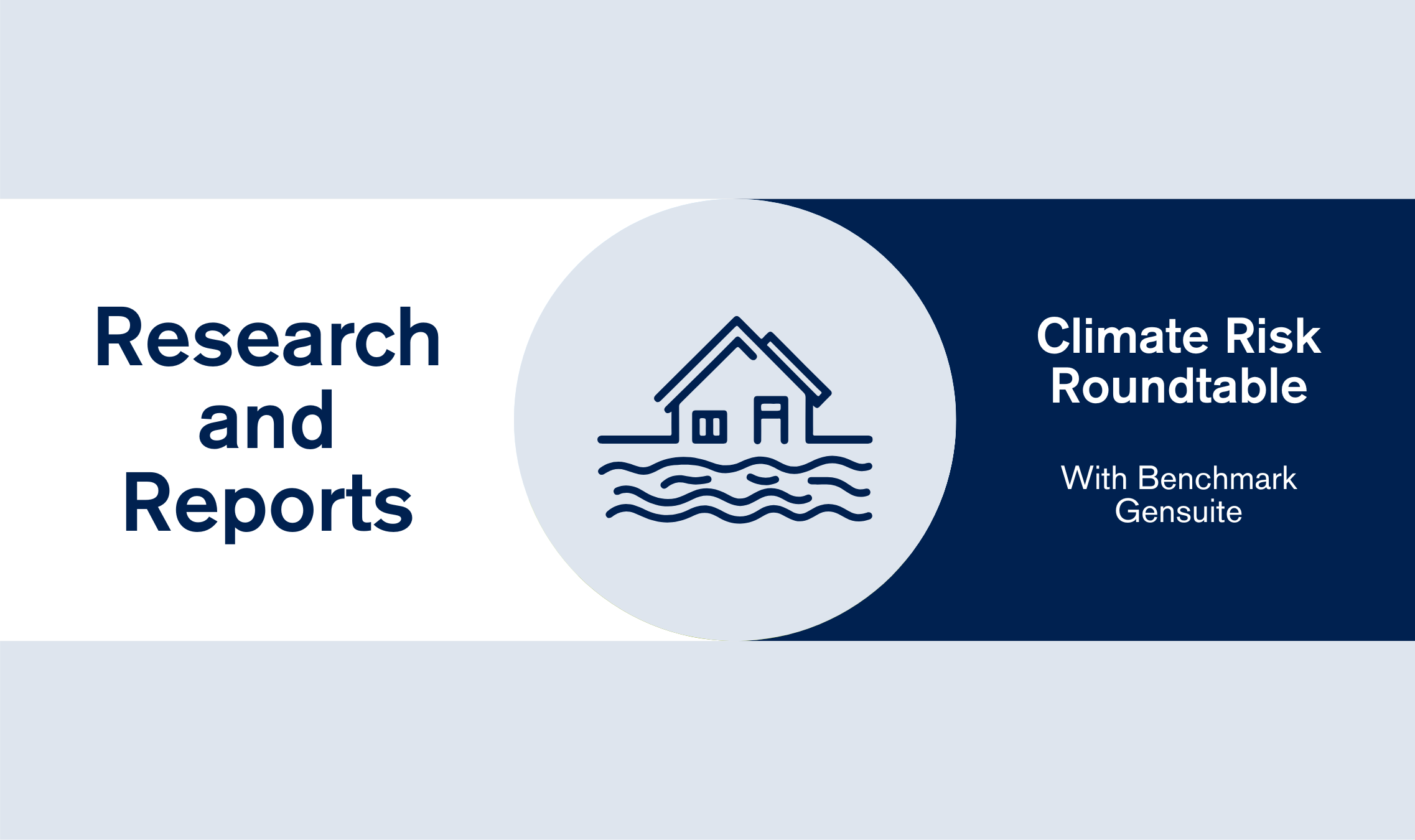As we progress through 2025, the social impact landscape continues to evolve, influenced by technological advancements, shifting workforce dynamics and changing social norms. Here are five key trends businesses should monitor closely:
1. Tech for good: Big data and AI to measure social impact
AI is revolutionising how society addresses challenges, from enhancing accessibility to optimising resource distribution. By 2030, it’s expected to create 11 million jobs while replacing 9 million, according to the World Economic Forum. As AI’s influence grows, ethical governance becomes crucial to safeguard rights and ensure fairness, as emphasised by the World Bank, with balanced oversight crucial to avoid AI exacerbating existing inequalities or compromising privacy. Meanwhile, big data is emerging as a cornerstone of social impact, enabling precise resource allocation, predictive insights, and improved outcome measurement. It also enhances Social Return on Investment (SROI) calculations, linking investments to measurable benefits. Greater transparency and advanced analytics will drive accountability, trust, and scalable change.
2. Standards that stick: The rise of mandatory social impact reporting
The UK Procurement Act 2023 and the Corporate Sustainability Reporting Directive (CSRD) are advancing mandatory social impact reporting. The Procurement Act integrates social value into UK legislation, requiring authorities to “maximise public benefit” and publish annual KPI statistics for suppliers on contracts exceeding £5 million. Across Europe, the CSRD, already in effect, mandates companies to disclose detailed social and environmental data—covering areas like employee well-being, human rights, and community engagement—using the European Sustainability Reporting Standards (ESRS) and emphasising double materiality. Together with the ongoing influence of the UN Sustainable Development Goals (SDGs), these frameworks drive adoption of tools like Power SROI for robust social value measurement.
3. Leaving No One Behind: Skilling the marginalised
As technological advancements reshape industries, reskilling and upskilling are crucial for workforce adaptability. The Future of Jobs Report 2025 predicts 39% of workers’ core skills will change by 2030, underscoring the need for continuous learning. Microsoft UK is leading efforts to empower women and marginalised groups, such as the TechHer digital boot camps, which deliver an estimated £70,000 in five-year economic benefits per participant. Similarly, the Digital Edge programme equips disadvantaged youth with digital skills, offering £78,000 in economic value per graduate. These initiatives highlight the transformative power of targeted training in fostering inclusive growth and unlocking human potential.
4. DEI there to stay?
Despite a quickly changing political, social, and business landscape and strong political headwinds against it, diversity, equity, and inclusion (DEI) seems to hold its fort with tech giants Apple and Microsoft promising to continue with creating a more inclusive, diverse and equitable work environment. As per a recent McKinsey’s study on business case for diversity, companies that fall in top quartile on DEI performance have around 40% greater likelihood of financial outperformance when compared to their bottom quartile peers. DEI works to create a more just and equitable society by dismantling systemic barriers. As a result, the argument for its continued implementation becomes even stronger.
5. The Emergence of Impact Markets: Trading Positive Change
The concept of trading social impact is gaining momentum, drawing inspiration from the early days of carbon markets. By creating mechanisms to measure, verify, and exchange positive outcomes, impact markets aim to standardise social value and incentivise measurable progress. This approach envisions a future where social outcomes become tradable assets, unlocking new ways to finance and scale positive change. If realised, impact markets could revolutionise how global economies value social benefits, fostering unprecedented opportunities for societal and environmental advancement. These initiatives are supported by efforts from groups like the International Foundation for Valuing Impact, which has developed value factors to quantify non-financial outcomes.





